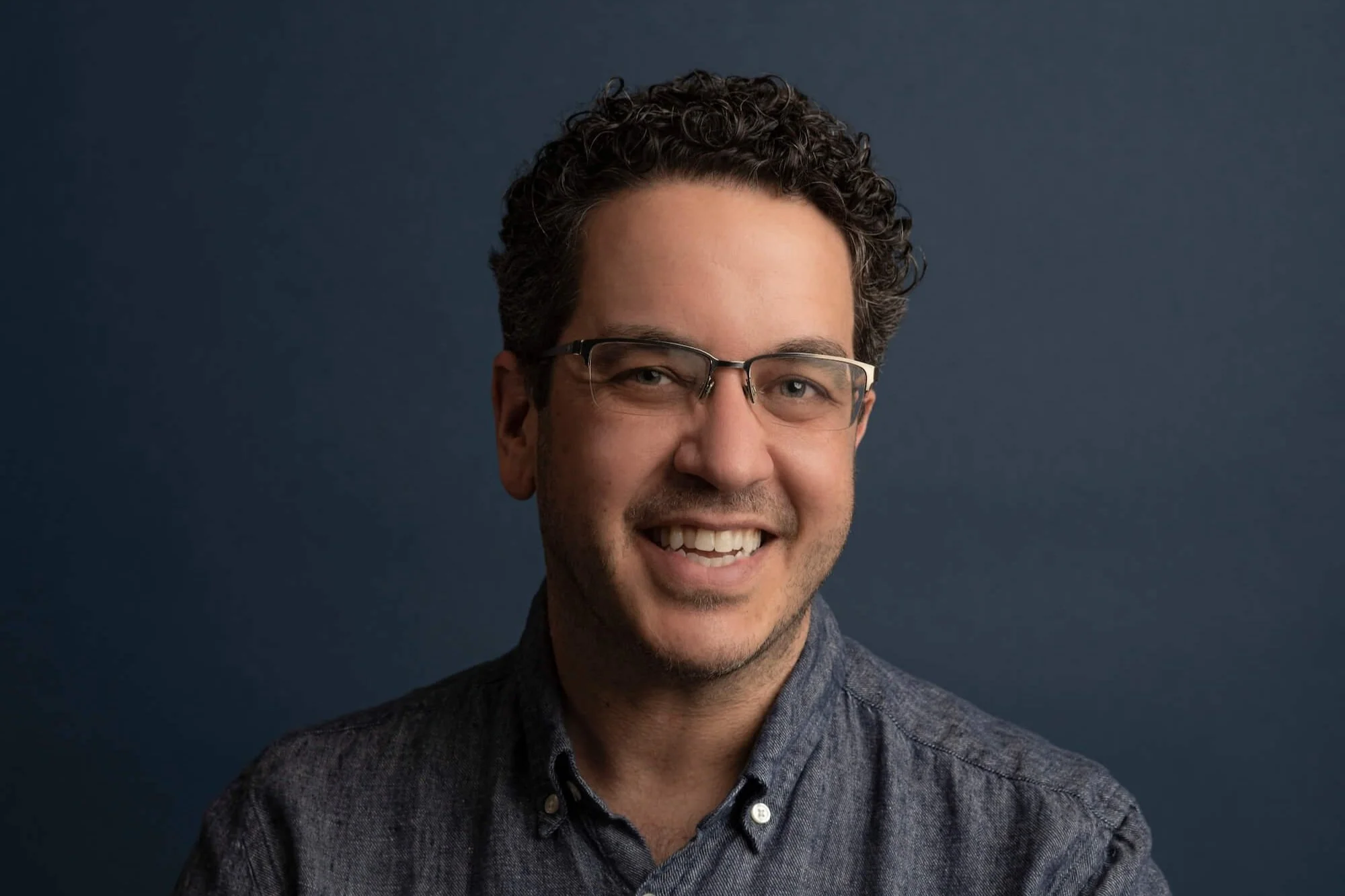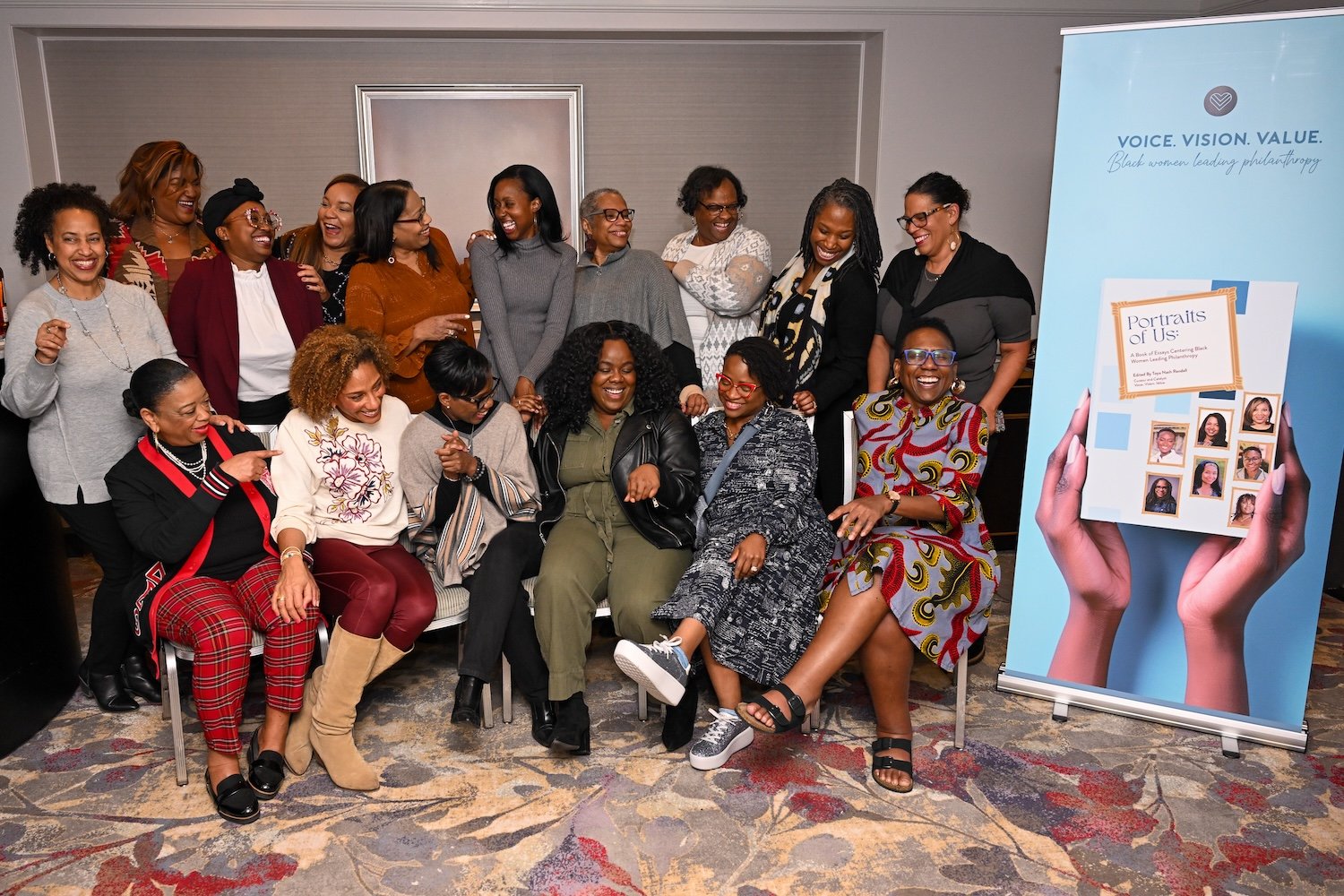Another Push for Greater Teacher Diversity, Focused on a Group Often Overlooked by Philanthropy
/The W.K. Kellogg Foundation has a reputation as a leader in addressing race in its quest for a more equitable society. A major recent grant by this funder combines two of its long-held causes, early childhood education and support for Native Americans.
The foundation pledged $1.5 million over the next two years for training Native teachers to incorporate STEM into early childhood learning. The funds will go to the American Indian College Fund’s For the Wisdom of Children initiative, which will offer culturally based training for early education teachers and prospective teachers at seven tribal colleges. The hope is that better equipping these teachers will counter the underrepresentation of Native Americans in STEM.
The funding comes as research mounts supporting the theory that students do better when their educators’ diversity reflects that of the classrooms and schools that they lead. Several recent studies have underscored this point, such as a report released last year by the NewSchools Venture Fund, which announced new grantmaking to support diverse leaders in 2016. We've also reported on other efforts by funders to bring more diversity to the nation's corps of educators, including Kellogg's past funding in this area. For example, the foundation supports a program in the nation's capital to improve the pipeline for teachers of color in the District of Columbia Public Schools by helping male graduates of color become early childhood paraprofessionals as a step toward becoming fully certified teachers.
Related:
- What Does This New Study on Diversity Mean for the K-12 World—and Its Funders?
- Who's Looking to Get More Teachers of Color Into Classrooms?
- What Are Funders Doing to Increase Diversity in the Teacher Workforce?
Native children are more likely to have a white teacher than a teacher of their own race, though awareness of this issue corresponds to a slight increase in the number of teachers of color, said Carla Thompson Payton, Kellogg’s vice president of program strategy.
The historic marginalization of Native Americans makes it all the more important that their culture be a part of classroom and that teachers be prepared to provide that, Thompson Payton said.
"To achieve stronger outcomes for children, we have to understand the interrelatedness of what children need to thrive—at home, in school, in early child care settings, and in communities,” she said. “For Native children especially, given historical traumas of the past, this includes understanding and connecting their tribal traditions and cultures, and bringing it to forefront in how and where children learn.”
Kellogg's efforts are among the few bright spots when it comes to philanthropic support of Native American communities. The Standing Rock protests brought some new attention and funding to these communities, but for the most part, they haven’t been a priority for grantmakers. Even community foundations in states with large Native American populations tend to ignore them despite financial need and an active nonprofit sector, according a report released last year by the First Nations Development Institute.
Related:
- "There's a Real Opportunity for Funders to Learn Here." Lessons from Standing Rock
- Why Aren’t Community Foundations Supporting Native American Causes?
Kellogg’s support of Native American communities long predates the fight against the Dakota Access pipeline. For years, Kellogg has been among the leading backers of the First Nations Development Institute, making more than $6 million in grants to the organization since 2014 alone for work on a variety of issues affecting Native communities.
This new teacher training project also aims to expand access to early childhood education, another cause Kellogg has long championed. Early childhood learning has received increased attention and funding lately, but Kellogg is one of the few foundations to sponsor national projects.
Most funding supports local initiatives in cities where foundations are based. Little philanthropic investment goes to rural areas, though there are exceptions such as the work led by the Minnesota Initiative Foundations. Kellogg's new push here isn’t tied to an urban center, either, another way it strays from the pack when it comes to early childhood education work.
This particular initiative is a bit of departure from Kellogg’s previous work to encourage better education outcomes for Native kids. In the past, the foundation’s efforts focused on integrating tribal cultures and practices into the classroom through work at the school level, Thompson Payton said. This initiative instead emphasizes teachers as the agents for change inside the classroom. To do this, the work will engage the tribal colleges and universities.
The hope is not only that teachers will be better prepared to address the complex historical trauma and incorporate Native cultural traditions, but also to improve the pipeline and increase the number of Native teachers available. “As the U.S. becomes increasingly more diverse, all students must have opportunities to experience this diversity in their education systems, especially when the results are so positive,” Thompson Payton said.
Related:







































